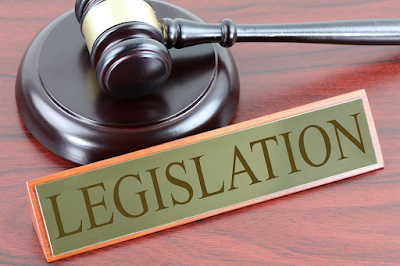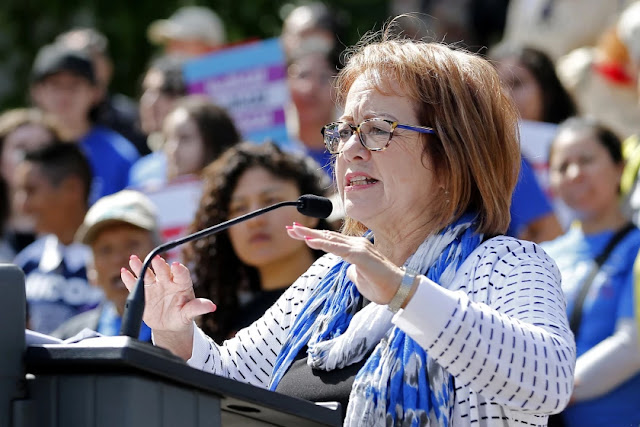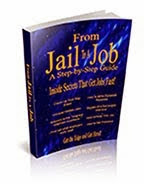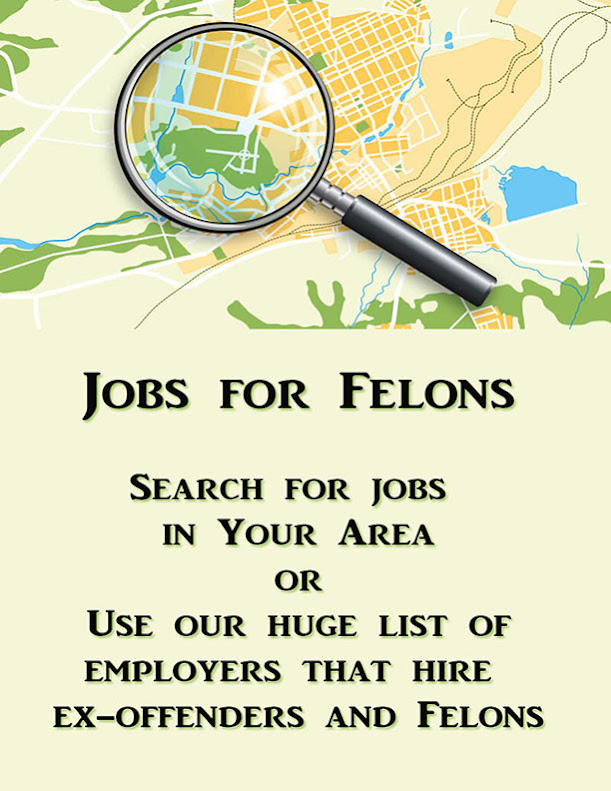Originally published The Daily Star, Tuesday, March 28, 2023
The Clean Slate NY campaign and Business Council of New York are fighting for a new law gaining traction in the state Senate, which would allow records of those New Yorkers with criminal convictions to be shielded from public view.
Here is how it would work: Individuals convicted of felonies other than sexual offenses would automatically have their convictions sealed seven years after sentencing or release from incarceration if it lasted longer than a year and if they have had no subsequent arrests and no pending cases in the state.
For individuals convicted of misdemeanors, records would be sealed three years after sentencing or release with the same stipulations.
Employers hiring for jobs dealing with vulnerable populations, such as the elderly, children and people with disabilities would continue to be able to check the conviction records of applicants, as would police departments, the courts, county prosecutors and criminal defense attorneys.
Advocates of the Clean Slate Act argue the measure is designed to allow those who have been sentenced for felonies and misdemeanors to get a second chance as they reintegrate into society.
Those who oppose the legislation, such as Sen. Dan Stec, R-Queensbury, said many people who have been convicted of crimes were already given two, three or even more chances before ending up with a record.
“If I’m hiring somebody to watch my kid, or watch my money or to do maintenance on my house, I want to know whether that individual has been convicted of a felony or a misdemeanor, and I think most people would agree,” Stec said. To seal such records automatically a few years after the individual has completed the court-imposed sentence, Stec added, “amounts to a slap in the face to everyone who bothers to obey the law.”
Assembly GOP Leader Will Barclay, R-Pulaski, said while he agrees second chances are important, “people have the right to make informed decisions.”
To that, we agree. Second chances are important. Although we would like to believe those who have served their time are no longer at risk of re-offending, that is just not the world we live in.
The Daily Star employs about 40 local residents. Those in management make hiring decisions regularly. Those decisions are not taken lightly.
New York state currently has protections in place both for businesses and those convicted of felonies and/or misdemeanors in Article 23-A of the state Correction Law.
Employers in New York are not allowed to discriminate against hiring ex-offenders, unless the felony and/or misdemeanor conviction(s) is related to the type of employment or license being sought.
The question we ask is, how does a business know whether or not a prior conviction disqualifies an individual from being hired if those records are sealed?
To business owners: If an applicant walked into your business, having served time for multiple counts of embezzlement, would you knowingly hire that candidate to your accounting department?
We doubt it.
To use our business as an example: We would likely hire that candidate. We would give them a second chance.
However, we would hire that candidate to work in a department other than accounting as long as they met the criteria for employment and we would be well within our rights to do so.
It is risk mitigation.
In this scenario, the applicant still has gainful employment.
We doubt anyone opposed to clean slate legislation would argue those convicted of felonies or misdemeanors do not deserve employment or that those individuals deserve to suffer for the rest of their lives. They absolutely deserve a shot.
So do employers.
Employers are faced with tough decisions every day. We believe, if they are expected to make those decisions, they should be given all of the facts.



















